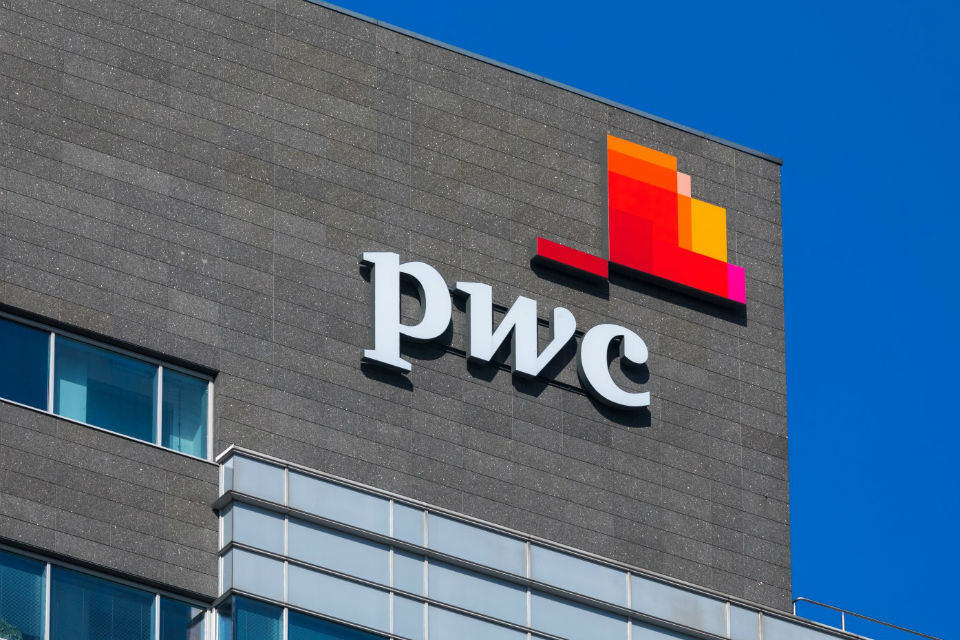More than a third of traditional hedge funds now invest in digital assets, nearly double a year ago: PwC

Even with the tremendous volatility in the sector, there are many more traditional hedge funds investing in crypto and more specialist crypto funds being created as the digital asset class gains acceptance, according to PwC’s 4th Annual Global Crypto Hedge Fund Report 2022, produced together with the Alternative Investment Management Association (AIMA) and Elwood Asset Management (now part of CoinShares).
Of traditional hedge funds surveyed, 38 percent are currently investing in digital assets, compared to 21 percent a year ago. Meanwhile, the number of specialist crypto hedge funds is estimated to now top 300 globally, with the pace of new funds being created accelerating in the past two years.
According to the report, most traditional hedge funds getting into digital assets are still just dipping their toes – 57 percent have less than 1 percent of total AuM in digital assets. But it is notable that for 20 percent of these funds, digital assets represent between 5 percent and 50 percent of AuM. Further, two-thirds of funds (67 percent) currently investing in digital assets intend to deploy more capital into the asset class by the end of 2022.
Total assets under management (AuM) of crypto hedge funds surveyed was USD 4.1 billion in 2021, up 8 percent from the year prior.
Crypto hedge fund performance continues to be robust. Increased regulation and transparency is wanted
Most crypto hedge funds traded Bitcoin ‘BTC’ (86 percent) followed by Ethereum ‘ETH’ (81 percent), Solana ‘SOL’ (56 percent), Polkadot ‘DOT’ (53 percent), Terra ‘LUNA’ (49 percent) and Avalanche ‘AVAX’ (47 percent). And despite crypto’s volatility, the median crypto fund returned +63.4 percent in 2021, though that was significantly off the +127.55 percent median return of 2020.
Regulatory uncertainty is a key issue for hedge funds, whether or not they are currently invested in digital assets. Lack of regulatory and tax regime clarity was cited as a top challenge by 89 percent of hedge fund managers who currently invest in digital assets and for managers not currently investing in crypto, regulatory uncertainty ranked as a main obstacle by 83 percent.
In the traditional hedge fund space, managers point to a number of market infrastructure areas in need of improvements for digital asset adoption, led by audit and accounting, identified by 94 percent, and also including risk management and compliance (93 percent), ability to use digital assets as collateral (93 percent) and fund administration (89 percent).
The data contained in the report, the 4th annual edition, comes from research conducted in Q1 2022 across a sample of 77 specialist crypto hedge fund managers.















